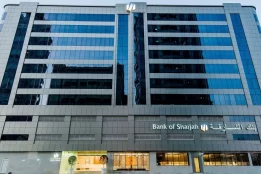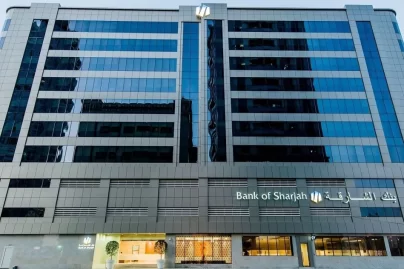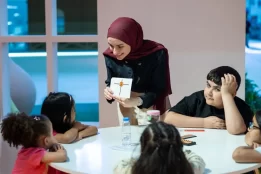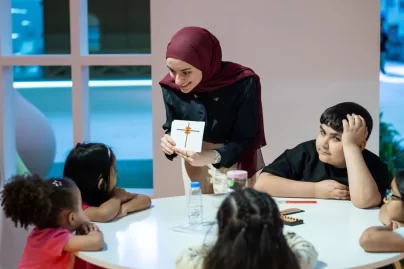Breast Cancer Awareness: Survivorship, Resilience, Guilt, and Post-Traumatic Growth explored
Tue 31 Oct 2023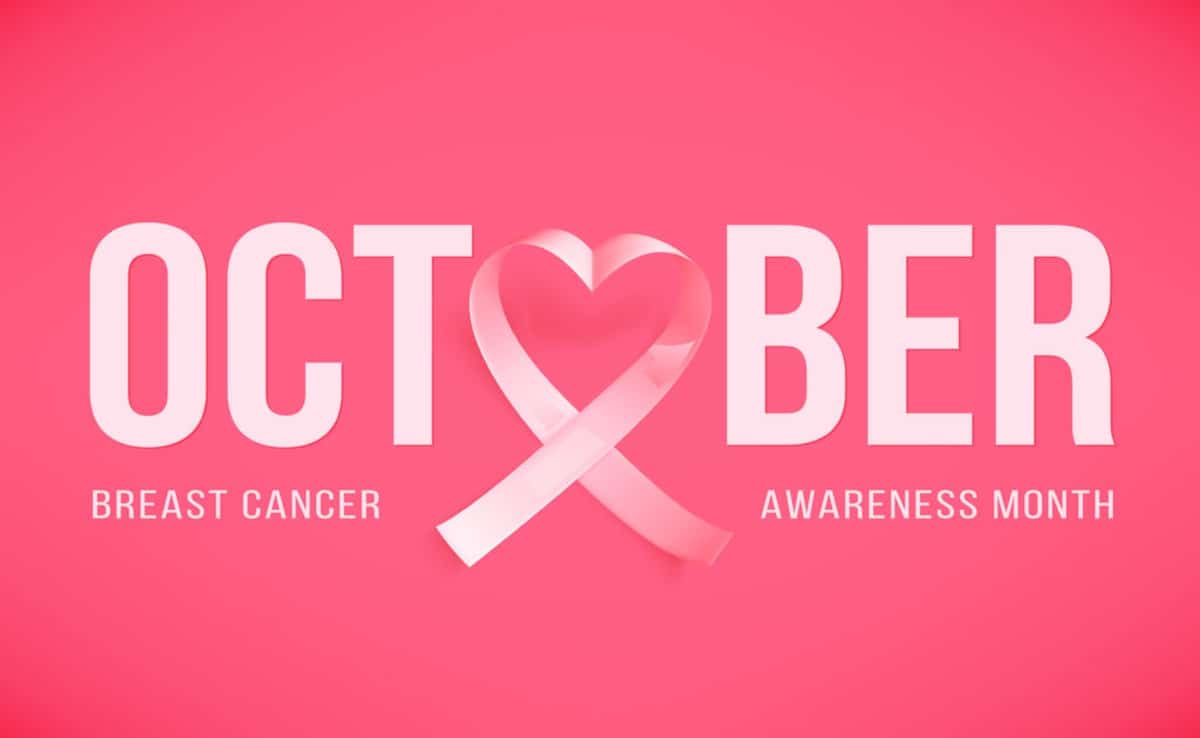
Dubai: Breast cancer, a formidable adversary in the realm of physical health, is also a formidable foe in the psychological landscape.
While surviving cancer is undoubtedly a cause for celebration, breast cancer survivorship is also a time when patients bear the weight of the physical and emotional toll of the cancer journey. When survival mode is over and reality sets in, survivors often see an increase in anxiety, low mood, and guilt. Fears of recurrence, feelings of isolation, uncertainty as they reshape and create a “new normal,” and concerns about their burden on others all contribute to an interplay of different emotions.
The Enigma of Guilt in Survivorship
In the realm of breast cancer survivorship, guilt emerges as a paradoxical companion. It takes various forms, casting shadows on the path to recovery:
1. Survivor’s Guilt: Survivors may grapple with the perplexing ghost of survivor’s guilt. They question why they were granted the gift of survival while others with breast cancer did not share the same fate. This guilt is especially poignant when close companions from support groups or dear friends succumb to the disease.
2. Guilt About Life Altered: The spectrum of breast cancer treatment ushers in significant life changes. These changes encompass physical transformations and shifting priorities. Survivors, in their journey of metamorphosis, may experience guilt concerning the impact on familial dynamics, careers, and social relationships.
3. The Weight of Unworthiness: A sense of unworthiness may start veiling survivors with self-doubt. They may question whether they deserve the possibility of a fulfilling life after breast cancer, grappling with feelings of inadequacy and a persistent belief that they are not worthy of happiness.
Psychological Resilience: A Beacon of Strength
Psychological resilience in breast cancer and breast cancer survivorship embodies the capacity to weather adversity, emerge stronger, and find meaning in the face of daunting challenges. For breast cancer survivors, resilience manifests in profound ways:
1. Emotional Fortitude: Survivors muster the emotional strength to grapple with the initial shock of diagnosis, the rigors of treatment, and the enduring uncertainty that accompanies survivorship. It’s imperative to recognize that this resilience enables them to manage the anxiety, depression, and fear that often shadows their journey from diagnosis into survivorship. While it’s normal to experience a wide range of emotions after cancer treatment, individuals must allow oneself to feel and process these emotions without judgment. Additionally, mindful self-reflection can promote understanding and growth, encouraging the willingness to “lean into” changes and a new normal, while embracing the opportunities within this new “phase”.
2. Social Connection: The bonds of support forged with family, friends, and fellow survivors constitute a powerful social network. This network, often unbreakable in its strength, provides emotional validation, practical assistance, and solace throughout the tumultuous journey.
3. Adaptive Coping Strategies: Survivors develop an arsenal of adaptive coping strategies, arming themselves to navigate the physical and emotional labyrinth that is breast cancer. Mindfulness practices, therapy, physical activities, and creative outlets become tools for emotional well-being and growth.
Nurturing Post-Traumatic Growth
While guilt may cast its shadows, psychological resilience assists survivors move towards post-traumatic growth, a beacon of hope and transformation. In the aftermath of breast cancer, survivors can experience profound personal growth:
1. Resilience Rekindled: Emerging from the crucible of cancer, survivors often find their psychological resilience rekindled. This newfound strength equips them to confront future challenges with renewed vigour.
2. Revised Priorities: Survivors frequently undergo a recalibration of priorities. They come to cherish life, relationships, and personal growth leading to a profound shift in values and life meaning.
3. Enhanced Coping Skills: The process of overcoming breast cancer fosters the development of new coping strategies. These skills empower survivors to confront adversity head-on and manage emotional turmoil with grace and equanimity.
4. Gratitude and Appreciation: The lens of gratitude and appreciation for life’s everyday marvels becomes clearer. Survivors savour the simple joys and hopefully reflect on the beauty inherent in resilience and recovery.
It is imperative to recognize that each survivor’s narrative is a unique and intricate tapestry. Creating a supportive environment, promoting open dialogue about survivorship experiences, and providing accessible mental health resources are pivotal in guiding survivors along the path of guilt and into the embrace of post-traumatic growth. By acknowledging the intricate dance of these elements, we stand a better chance of nurturing and empowering breast cancer survivors as they transcend adversity and emerge as beacons of resilience and growth.
This article is contributed by Dr. Hiba Salem, Psychologist, Adults and Families Specialist at Sage Clinic, Saaha Building, Block A, Suite 519, Downtown Dubai, UAE. You can contact her at +971 4 575 5684, or [email protected]

 May 04 2024
May 04 2024


